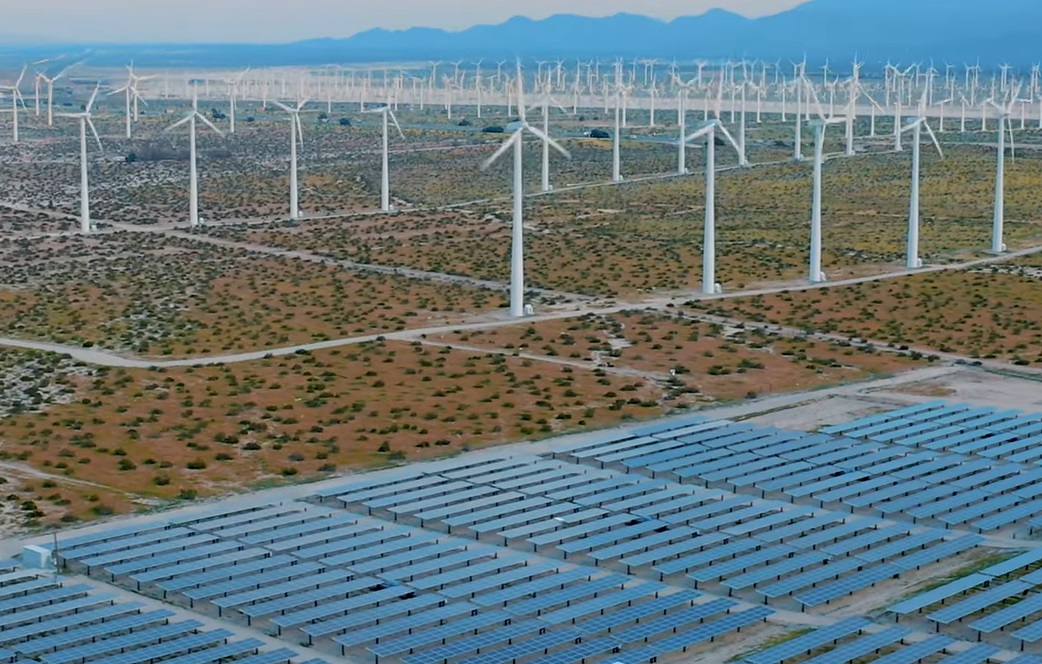Mirova Launches $2 Billion Energy Transition Infrastructure Fund
Sustainability-focused investment manager Mirova announced the launch of Mirova Energy Transition 6 (MET6), a new investment fund focused on energy transition infrastructure, and supporting decarbonization in Europe.
The launch follows Mirova’s announcement last year that its prior energy transition fund, MET 5 succeeded in raising €1.6 billion in less than 18 months, significantly surpassing the firm’s initial €1 billion target. For the new fund, Mirova aims to exceed this level, targeting €2 billion in commitments.
The company said the that fund will aim to finance proven technologies such as onshore and offshore wind power, photovoltaics, hydropower, storage and energy efficiency while continuing to support the development of low-carbon electric mobility and hydrogen.
The MET6 team will seek to identify project promoters and provide them with the financial resources to support their development phase, throughout the projects’ entire life cycles. The company said MET6 will retain flexible investment approaches, taking majority or minority stakes and equity financing or subordinated debt.
While the fund’s core deployment target remains Europe, part of the investments could be made in other OECD member countries. By duplicating proven models, Mirova aims to extend the partnerships forged with European developers in new regions, notably in Asia.
Mirova’s Energy Transition Infrastructure team manages €3.5 billion and has financed over 1,000 projects in 48 countries in Europe, Asia and Africa. The new strategywill be supported by Mirova’s Singapore office in both its fundraising and deployment.
Raphaël Lance, Managing Director of Energy Transition Funds at Mirova, said:
“We are proud to continue our investments with this new vintage, and to offer it to institutional investors wishing to contribute to the fight against global warming. MET6 will provide substantial capital to finance and support the development of innovative players across the clean energy value chain and help accelerate decarbonization in Europe.”





